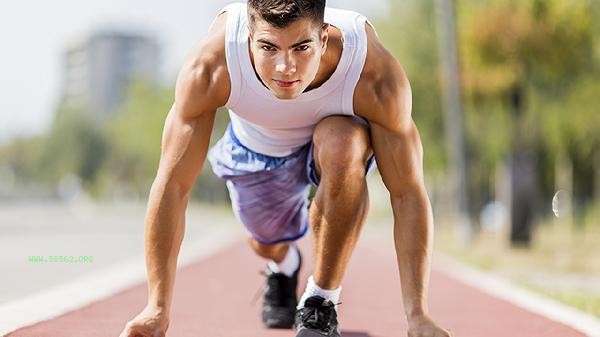During running and fitness, attention should be paid to a balanced diet, with a focus on supplementing carbohydrates, high-quality protein, and water, and avoiding high-fat and high sugar foods. The diet before and after running should be adjusted according to the intensity and duration of exercise, mainly including supplementing energy before exercise, timely hydration during exercise, repairing muscles after exercise, controlling total calorie intake, and avoiding fasting or overeating exercise.

1. Supplement energy before exercise
1-2 hours before running, it is recommended to consume easily digestible carbohydrates such as bananas, whole wheat bread, or oatmeal. This type of food can provide stable energy and avoid fatigue caused by low blood sugar. Avoid high fiber or high-fat foods as they may cause gastrointestinal discomfort. If the morning running time is tight, you can drink 200ml honey water for quick energy supply.
2. Timely hydration during exercise
If you run continuously for more than 30 minutes, you need to replenish 100-150 milliliters of warm water every 15 minutes. In high temperature environments, you can choose sports drinks containing electrolytes. When sweating heavily, water loss can reach up to 800 milliliters per hour. Dehydration can reduce athletic performance and increase the risk of muscle spasms. Avoid drinking excessive amounts of water at once, which can cause discomfort in the stomach.
3. Repairing muscles after exercise
Within 30 minutes after running is the window period for nutritional supplementation. It is recommended to consume foods with a carbohydrate to protein ratio of 3:1, such as yogurt with fruit or chicken breast sandwiches. Protein helps repair muscle fiber damage, while carbohydrates supplement muscle glycogen. After high-intensity training, whey protein powder can be supplemented, but the daily total protein intake should not exceed 2 grams per kilogram of body weight.

4. Control total calorie intake
Weight loss individuals should maintain a daily calorie deficit of about 300-500 calories, while muscle gain individuals should increase their intake of high-quality protein and compound carbohydrates appropriately. Replace white rice with brown rice, choose olive oil for cooking, and increase the intake of dark vegetables such as broccoli. Avoiding retaliatory consumption of high calorie snacks after exercise can stabilize blood sugar levels by eating small, frequent meals.
5. Avoid fasting or overeating exercise
Running completely on an empty stomach can cause dizziness, and exercising immediately after a meal may cause gastric prolapse. It is recommended to run 2 hours after meals and 30 minutes after small meals. Night runners can choose easily digestible fish and vegetables for dinner, and end exercise 2 hours before bedtime to avoid affecting sleep quality.

Diet during running should be adjusted according to individual physical fitness and training goals. It is recommended to keep a diet log and observe physical reactions. If there is persistent fatigue or gastrointestinal discomfort, consult a nutritionist in a timely manner. Long term runners need to regularly check their levels of trace elements such as iron and calcium, and female runners need to pay more attention to preventing iron deficiency anemia. Maintaining dietary diversity and incorporating nuts, soy products, and deep-sea fish into daily diets can help improve exercise performance and recovery efficiency.







Comments (0)
Leave a Comment
No comments yet
Be the first to share your thoughts!